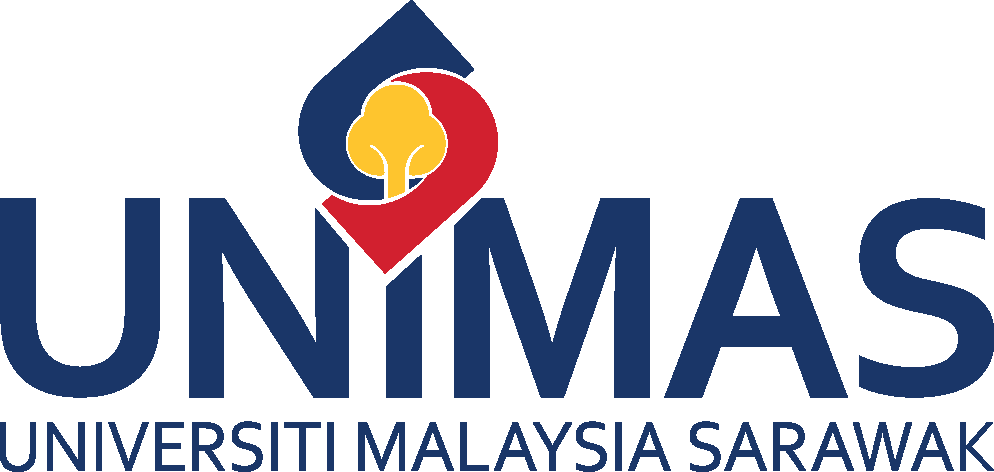IHCM RESEARCH PROJECTS
MELIOIDOSIS
Melioidosis is a potentially fatal disease caused by Burkholderia pseudomallei, which is endemic in northern Australia and Southeast Asia including Malaysian Borneo. Infections occur due to exposures to water or soil containing the bacteria through skin inoculation, ingestion and inhalation. Clinical presentations of melioidosis are highly variable and can manifest as asymptomatic infections, localized skin abscess formation, acute or chronic pneumonia, genitourinary, bone, and joint infections, or severe systemic sepsis, with or without foci of multiple abscesses in internal organs, with a mortality of 90% in septic shock cases.
Due in part to the high virulence of this organism and increased concerns for transmission by aerosolization, B. pseudomallei was upgraded to a tier 1 select agent by the U.S. Centers for Disease Control and Prevention in 2012. Our research activities thus far include investigation on the molecular epidemiology, biogeography and antibiotics susceptibility profiles of B. pseudomalleithrough collaborations with local and foreign institutions. We are also interested in identifying factors that affect the distribution of B. pseudomallei in the environment in Sabah and Sarawak.
